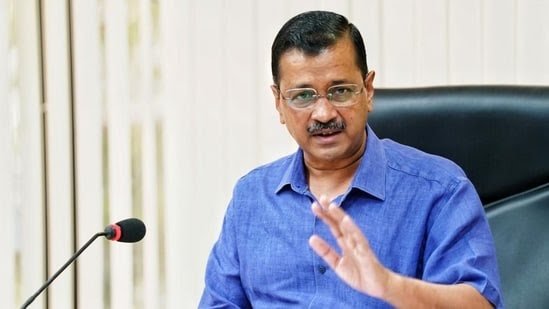Recently, the BJP-led central government in India passed an ordinance that revoked the elected Delhi government’s executive control over the bureaucracy, a power that was previously granted to it by a Supreme Court verdict on May 11. This move has sparked controversy and led to Chief Minister Arvind Kejriwal of Delhi and Chief Minister Bhagwant Mann of Punjab announcing their decision to boycott a Niti Aayog meeting.
The Supreme Court’s verdict in May had given the Delhi government control over the posting and transfer of bureaucrats working within the administration. This decision was seen as a victory for the Aam Aadmi Party (AAP) government, which had been demanding greater autonomy in governing the state. However, the recent ordinance by the central government has reversed this decision, essentially taking away the executive control over the bureaucracy from the elected Delhi government.
In response to the ordinance, Chief Minister Arvind Kejriwal wrote a letter to Prime Minister Narendra Modi, expressing his inability to attend the Niti Aayog meeting in light of the recent development. This can be seen as a symbolic protest against the central government’s decision and an attempt to draw attention to the issue.
Similarly, Chief Minister Bhagwant Mann of Punjab, also a member of the AAP, declared his boycott of the Niti Aayog meeting in solidarity with the Delhi government. This shows a united front by AAP leaders in opposing the central government’s interference in the affairs of the state governments.
The central government’s decision to take back executive control over the bureaucracy in Delhi has raised concerns about the federal structure of governance in India. It is seen by critics as an encroachment on the powers of the elected state governments and a violation of the principles of decentralization.
The controversy surrounding this issue is likely to continue, with the Delhi government and its supporters protesting against the central government’s ordinance. The outcome of this situation remains uncertain, and it remains to be seen how the involved parties will resolve the conflict between the elected government and the central authority.







